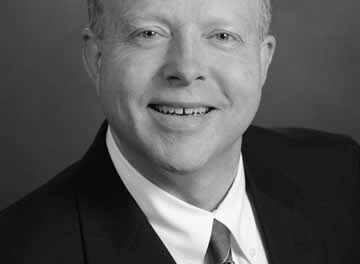Even in this sad time of dwindling support for serious performing arts in our public schools, precocious wiz-kids whose feet don’t yet touch the floor as they wait outside their teachers’ studios can find oodles of places to play, to master ensemble skills, to find entry-level orchestral and chamber music opportunities, and – for better or worse – to compete. Post-secondary and adult beginners are not so fortunate. A college-age young pianist, say, who discovers that she needs to learn a string instrument, too, may find it daunting to catch up with peers who began their studies in childhood. And adults who didn’t or couldn’t… are often in even tighter fixes.
We’re blessed to have lots of performing ensembles here at all kinds of proficiency levels, ranging from entry-level string ensembles to top-flight professional groups. It’s the groups that serve on the lower rungs that command our attention this time.
Over at Meredith College, in Jones Auditorium, the college’s Sinfonietta offered an eve-of-spring concert. Jim Waddelow is its director, and over the last few years he has built it up to a respectable size. It’s a little imbalanced – there are, among the 20 strings, only two violas and a single bass, countering a like number of winds, brass, and percussion players. The instrumentalists are from the campus and from the community, too, encompassing students, teachers, and folks with moderate orchestral skills from all over. Musicians who are not ready to commit to the somewhat greater rigors of, say, a community orchestra might want to contact Waddelow for more information.
On this occasion, the Sinfonietta hosted the Triangle Area Community Orchestra, a group for adult beginners, launched by a group of adult beginners who wanted someplace to hone ensemble skills. Its director is Marta Findlay-Partridge, a decorated pedagogue and violinist. The TACO roster listed 36 for this program.
The guests launched the program with “Halcyon,” by William Hofeldt (b.1952), a composer who makes his way with a day-job as a CPA – which in turn made a nice touch in a program like this one, involving committed amateurs. The ensemble projected considerable richness, particularly in the lower strings – this is an all-string orchestra – with not a lot of vibrato but with clear phrasing and clean playing. The musicians seemed to grow in confidence as the attractive music unfolded.
The Sinfonietta took the stage for a reading of Tchaikovsky’s “Marche slave,” which was moderately paced and thoroughly presentable. A short symphony by Haydn – one of Waddelow’s specialties – proved to be the evening’s novelty, since the early ones are rarely heard: this was No. 19, in D, Hob.I:19, in three movements. Haydn is tricky since, like Mozart, the string parts (in particular) are often dangerously exposed. This performance went quite well, with the slow second movement a highlight, given its comparative darkness and drama.*
The TACO then joined the Sinfonietta’s players for the short concert’s grand finale, which consisted of the last Slavonic Dance from the first book, played in a somewhat simplified arrangement that nonetheless sounded reasonably complete, and a second work by Dvořák, to wit, the finale of the “New World” Symphony. This was considerably shortened to yield about five minutes of principal themes, not too well cobbled together but played with enthusiasm and a lot of verve. Remembering that one must begin somewhere, it’s better – and much more rewarding – to play real music like this than a lot of the material composed for teaching purposes. The sound of the two groups playing together was impressive, as there were lots of strings among the 75 or so musicians. The response of friends and family was strong – and it was all over in time for some athletic event that was coming up on the tube….
Waddelow is music director of the Raleigh Symphony Orchestra, which is at a higher level than the two groups under discussion here. The RSO plays for winners of Meredith’s aria competition on March 21 and again for its own “Rising Stars” concerto completion winners on the afternoon of March 22. Please note this means that across four days, area music lovers may hear three separate performing groups, organized for players at various levels of proficiency – and some hard-charging young soloists, too.
*To hear a recording of this rare Haydn work, click here.











